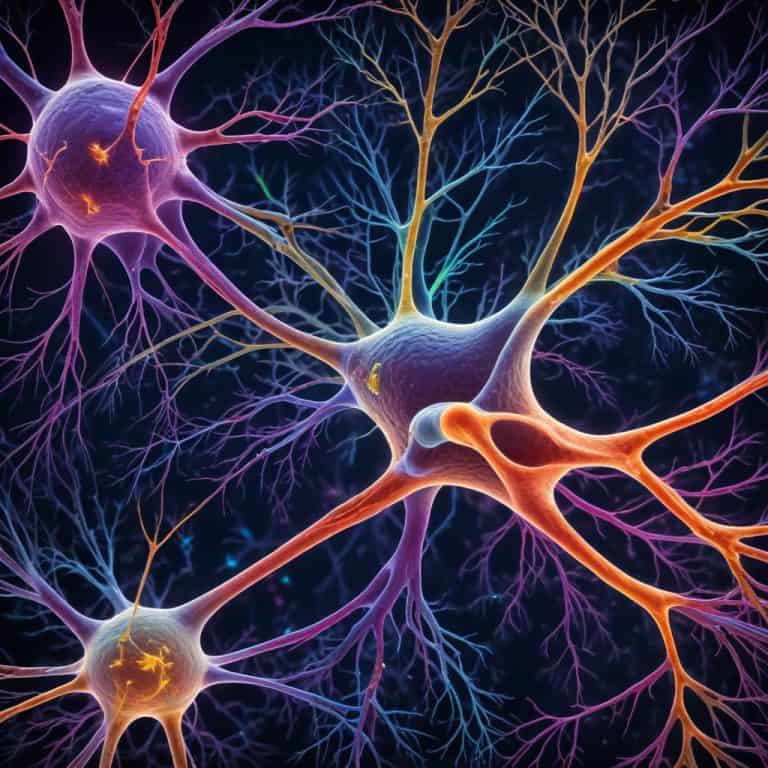Welcome to the Nervous System Cells quiz! In this game, we will explore the fascinating world of the cells that make up our nervous system. From neurons to glial cells, get ready to dive into the intricate network that allows us to think, feel, and move.
Do you know the difference between a motor neuron and a sensory neuron? Can you identify the role of astrocytes in the brain? Test your knowledge and see how much you know about the building blocks of our nervous system.
Get ready to challenge yourself and learn something new in this exciting quiz!
Play Nervous System Cells Quiz
Instructions
- This quiz is multiple choice.
- Read each question carefully before selecting an answer.
- Choose the best answer for each question.
- You will see the missed questions with correct answers at the end of the quiz.
Quick Facts
- Neurons are the main type of cell in the body’s communication network.
- Glia are support cells that help neurons function properly.
- Axons are long extensions of neurons that carry electrical signals.
- Dendrites are branches at the end of neurons that receive signals from other neurons.
- Schwann cells form the myelin sheath, a protective covering around axons.
- Astrocytes help regulate the chemical environment around neurons.
- Oligodendrocytes produce myelin in the central nervous system.
- Microglia are immune cells that protect the brain from infection.
- Ependymal cells line the cavities of the brain and spinal cord.
- Together, these different types of cells make up the complex structure of the nervous system.
Downloads
Study Tips
- Create a study schedule and stick to it.
- Find a quiet and comfortable study environment.
- Remove distractions such as phones and social media.
- Take breaks every 25-30 minutes to avoid burnout.
- Use active studying techniques like summarizing, highlighting, and teaching concepts to someone else.
- Practice retrieval by testing yourself with flashcards or practice quizzes.
- Stay organized with notes, study guides, and resources.
- Stay hydrated and eat brain-boosting foods like fruits, nuts, and whole grains.
- Get enough sleep to improve memory retention and cognitive function.
- Reward yourself for reaching study goals to stay motivated.
